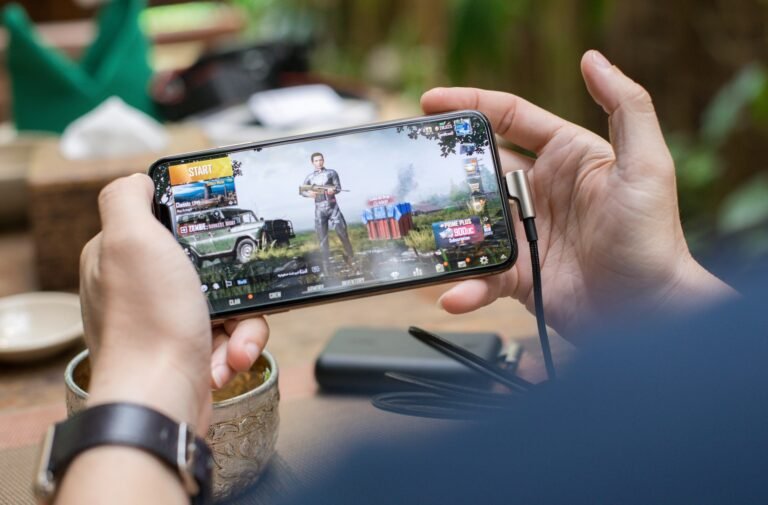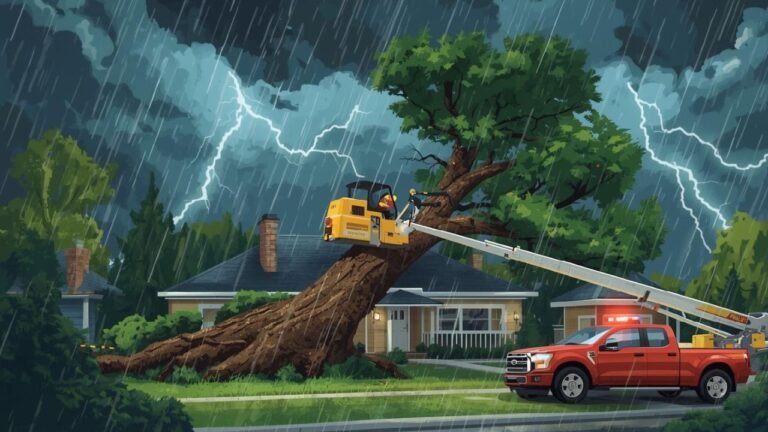
Introduction: A Digital Identity Crisis
In today’s internet ecosystem, users rely heavily on visual cues and familiar interfaces to determine trust. But what happens when a new platform deliberately mimics the design, language, and flow of a trusted site? That’s exactly what’s happening with B9.GAME, which has cloned the look and feel of the well-established BC.GAME.
The results are troubling: user confusion, account lockouts, and complete loss of access — all from interacting with a platform that looks legitimate but is anything but.
The Original: BC.GAME’s Recognized Framework
BC.GAME is widely known for its consistent user experience and active support community. Its design includes:
- A sleek, responsive interface
- Tiered account systems with recognizable badges
- Multi-language menus and international settings
- Public-facing transparency regarding terms of use and ownership
Over the years, this environment has become familiar and trusted by its global audience.
The Replica: What Makes B9.GAME Look So Familiar?
B9.GAME has copied nearly every surface-level element of BC.GAME, including:
- Page structure and menu placement
- Badge and loyalty language
- Notification style and layout
- Onboarding flow and calls to action
- Even marketing slogans and graphical assets
To the untrained eye, the differences are nearly invisible. That’s what makes it dangerous.
User Reports: Locked Accounts and No Support
Dozens of users have reported registering on B9.GAME under the impression it was part of the same ecosystem as BC.GAME. Once registered, many encountered:
- Unavailable dashboard options
- Sudden loss of login access
- Failed attempts to recover account information
- No customer response from the platform
- Disappearance of access after uploading documents
With no official entity behind B9.GAME, users have no clear path to resolution.
Why Platform Cloning Is More Than Design Theft
This isn’t just about visual mimicry. Cloning a platform:
- Exploits brand familiarity to mislead users
- Disrupts market confidence by spreading disinformation
- Damages real platforms through false association
- Creates a false sense of continuity where none exists
This tactic is particularly effective because users act quickly when they see something that looks trustworthy — without verifying its origin.
Red Flags to Watch Out For
To avoid falling into a similar trap, users should always:
- Double-check the website address and ensure it matches the original
- Look for licensing or transparency pages that disclose ownership
- Review community forums or public reviews before creating an account
- Search for official press or blog content tied to the platform
- Avoid engaging if the platform lacks a verified digital presence
Minor visual changes — such as a hyphen in the domain name, slight color shifts, or unusual popup behavior — are often signals of a copy.
Why It Matters: Damage Beyond Individual Losses
When copycat platforms like B9.GAME emerge, the harm extends beyond individuals. The broader impacts include:
- Loss of trust in online ecosystems
- Brand dilution for the platform being impersonated
- Erosion of reputation in partner networks and communities
- Increased support burdens for legitimate platforms dealing with misdirected complaints
And worst of all, it sets a precedent: the more users that fall for it, the more incentive others have to build similar clones.
Response from the Original Platform
BC.GAME has issued public statements disavowing any connection to B9.GAME. Their response includes:
- Legal investigations into unauthorized use of brand assets
- Communication with domain registrars to request takedowns
- Educational campaigns warning their community
- Strengthening of verification and branding to reduce confusion
However, the problem persists — and relies heavily on user awareness to slow its spread.
What You Can Do to Stay Safe
If you’ve encountered B9.GAME or a similar impersonation site, here are proactive steps to take:
- Do not register or upload personal information
- Take screenshots if you’ve been misled
- Report the platform to consumer protection sites and forums
- Notify the original brand so they can escalate internally
- Share a warning with your network to prevent further harm
Protecting yourself online means staying alert and verifying platforms before interaction.
Conclusion: Awareness Is the First Line of Defense
B9.GAME’s replication of BC.GAME is not a minor infraction — it’s a serious case of brand impersonation designed to deceive users. As more people rely on interface familiarity for online trust, these schemes become harder to detect and more dangerous in their consequences.
To protect your digital identity and avoid falling victim, always do your due diligence. And when you find a copy masquerading as a trusted brand — report it, expose it, and help others stay clear.





